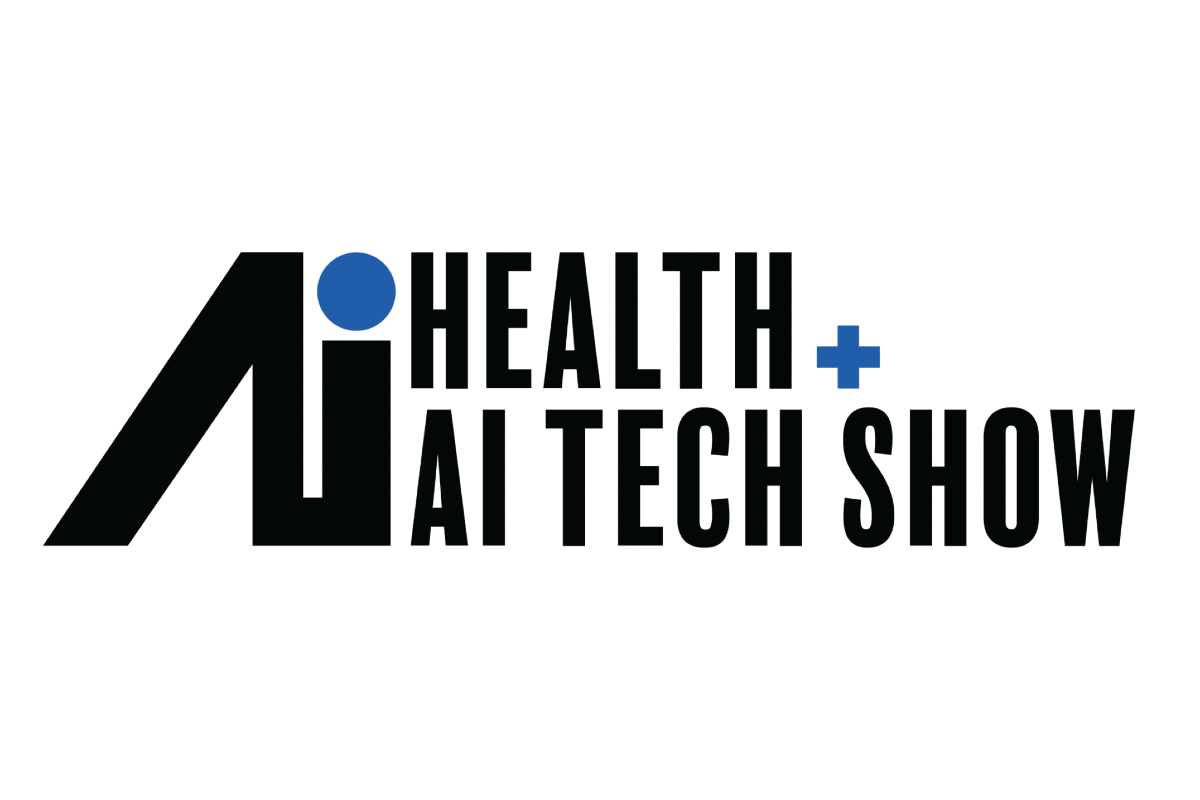The Health Foundation research, published ahead of the forthcoming Spending Review and the 10-Year Health Plan, estimates that:
- £8bn capital spending - of which £5bn is for England - will need to go on hardware, software, electronic patient records and wider infrastructure
- £3bn one-off revenue spending - of which £2.25bn is for England - will need to go on planning, initial education and training, implementation of new technologies, transition from old systems.
- £2bn recurring annual revenue spending - of which £1.5bn per annum is for England - over five years will need to go towards ongoing training, software subscriptions, maintenance, improvement and optimisation.
As part of this research, the Health Foundation has set out three key actions for government and policymakers across the UK, to ensure the NHS and social care services can meet ambitions for digitisation:
- Set a clear, transformative and durable vision for digitisation in health and social care
- Support the vision for digitisation with the required funding
- Develop a plan for realising the benefits of digitisation – including higher quality care, better patient experience, better staff experience and improved productivity.
Director of innovation and improvement at the Health Foundation, Dr Malte Gerhold, said: ‘Ministers have repeatedly stressed the need for health and care services to move from analogue to digital. Our independently commissioned research finds that to achieve the government's ambitions to digitise health and social care, significant spending will be needed over the next five years and beyond.
'But direct investment in technology alone is not sufficient. The government must fund the change not just the tech. This means investing in and planning for implementation and change to genuinely realise the benefits of digitisation for patients and staff.'
In response, Dr Layla McCay, director of policy at the NHS Confederation, said: ‘The NHS has long needed research to understand the true cost of digitisation, which is part of the government's three shifts. We have called for sustained funding to replace, upgrade and maintain essential digital and IT infrastructure as well as vital estates upgrades, of which digital infrastructure is fundamental. What is now clear from this new research are the ongoing high costs associated with this as modern digital infrastructure continues to evolve, and the need for a process of revenue funding for the NHS to achieve a fully digitised healthcare system.
‘That is why we have been urging the government to use the upcoming Spending Review to continue to invest more capital in digital transformation. For a digital infrastructure to be implemented, digital pathways need both revenue and capital funding to improve healthcare outcomes for patients and make it easier for them to access healthcare.'



